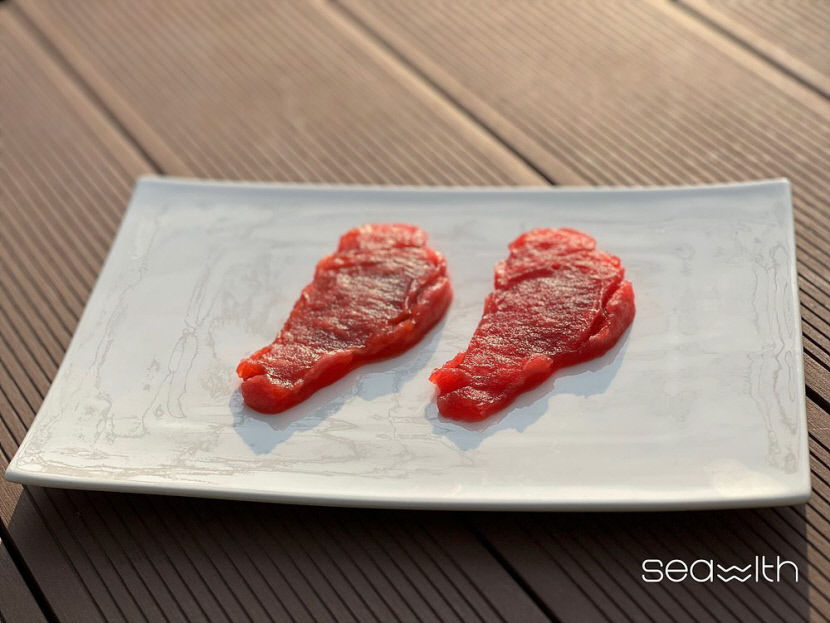

Growing meat in rice: a novel approach to sustainable protein
As the global population rises, so does the pressure on our planet, particularly regarding food production. Livestock farming requires vast amounts of land and water, placing a significant strain on the environment. Cell-cultivated meat, still in its early stages, offers a potential solution.
Korean scientists at Yonsei University have taken this concept a step further by developing a unique hybrid food: rice infused with bovine muscle and fat cells.
Although the result may resemble a curious combination of pink, sticky rice grains and meat mince, the research team led by biomolecular engineer Sohyeon Park believes it holds immense potential. Their hybrid not only boasts higher nutritional content but also presents a more sustainable alternative to conventional meat production.
"Imagine getting all the essential nutrients from cell-cultured protein rice," said Park. "Rice itself is already rich in nutrients, but adding animal cells can further enhance its nutritional value."
Typically, rice consists of roughly 80% starch and 20% protein and other nutrients. While it serves as a valuable dietary staple, the researchers saw an opportunity to optimize its functionality.
In nature, cells require a scaffold to guide tissue formation. In the lab, scientists often use artificial matrices for various tissues and organs. Park and her colleagues recognized rice's porous structure as a potential alternative scaffold for lab-grown animal cells.
Their process involved coating rice grains with food-grade fish gelatin and enzymes. This facilitated cell adhesion and maximized the amount of cellular material clinging to and growing on the rice. Subsequently, they introduced cow muscle and fat stem cells to the rice grains and allowed them to grow in a petri dish for 9-11 days.
Analysis revealed that the resulting hybrid rice was both firmer and more brittle than regular rice. More importantly, its nutritional profile showed significant improvements. Compared to untreated rice, the hybrid had 8% more protein and 7% more fat. While these may seem like small increases, further optimization could lead to even higher levels.
Furthermore, the meaty-rice (or ricey-meat) production boasts a lower environmental footprint and cost compared to beef per gram of protein. The team's calculations indicate that hybrid rice production generates 6.27kg of carbon dioxide per 100g of protein, compared to 49.89kg for beef. Additionally, the consumer cost of hybrid rice is estimated to be around 15% of the price of beef per kilogram.
The flavor profile of the rice also presents intriguing possibilities. The research team observed that the added beef muscle and fat contributed unique odor compounds, offering exciting opportunities for culinary experimentation.
Moving forward, the researchers aim to refine the production process to expedite hybrid rice creation. They are also exploring ways to maximize the uptake of cellular material into the rice grains, which have shown remarkable receptivity to the process.
"The cell growth in the rice exceeded my expectations," added Park. "This grain-based hybrid food opens up a world of possibilities. It could potentially serve as famine relief, military rations, or even space food in the future."
If you have any questions or would like to get in touch with us, please email info@futureofproteinproduction.com






